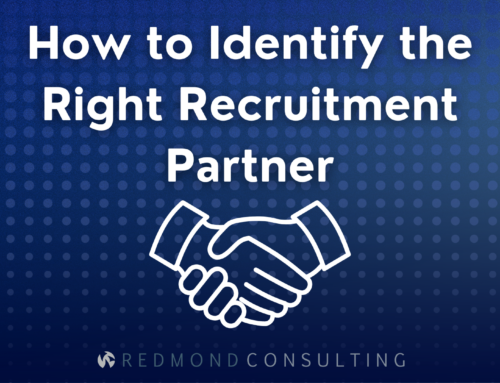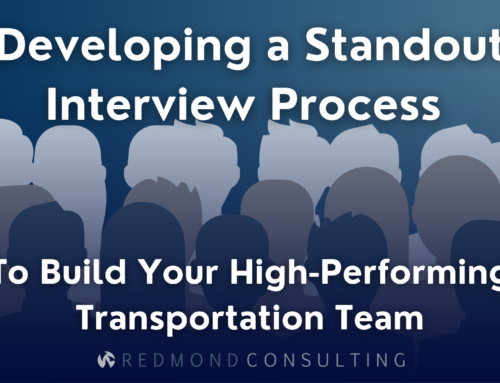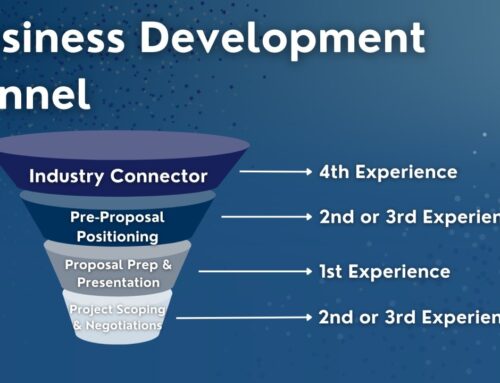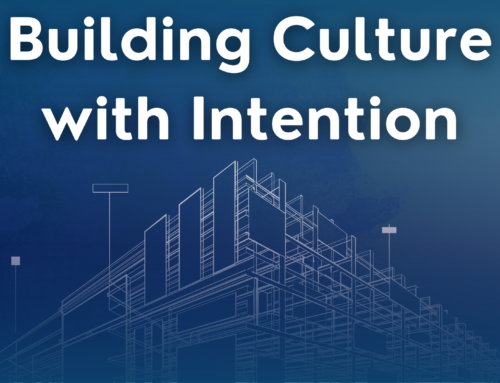 There are currently more Millennials (75.3M) than Baby Boomers (74.9M) in the U.S. Did you know that? Born between 1981 and 1997, their presence in the workforce is solidified and growing.
There are currently more Millennials (75.3M) than Baby Boomers (74.9M) in the U.S. Did you know that? Born between 1981 and 1997, their presence in the workforce is solidified and growing.
As an executive search firm, our main focus is on senior and leadership roles in our clients’ organizations. Now that this demographic is maturing, we’re finding opportunities within our networks to meet and form lasting relationships with Millennials. We’re also seeing opportunities for them as candidates. We think this is wonderful! Media-hyped notions of Millennials being entitled, high maintenance, and disloyal are inconsistent with our experiences.
Millennials who are finishing their educations and establishing their careers have the same basic priorities as the generations before them, albeit different ways of going after them. Economic disruptions and high student debt mean the timelines have stretched for them to take the conventional steps that signal adulthood and stability: marriage, home ownership, parenthood, etc. Millennials want these things, too, but they’re willing to wait until they believe they’re ready.
In getting to know this generation, we consistently notice that they are more interested in people than in organizations. Their clan, whether it be at home, at work or in the larger community, is what counts most. It seems to count more to them than individuality for its own sake.
The attitudes and choices produced by a “Millennial mindset” are interesting in terms of workplace behavior:
- Being part of a team and sharing ideas is preferred to going it alone. Transparency is important.
- They believe that they’ll get farther together, and reaching goals as a team is fulfilling. They think optimistically.
- Millennials are focused on achieving, but not at the cost of the team’s well-being or their own sense of balance.
- This team-based orientation also translates into less hierarchical thinking and more goal-oriented thinking. They do not see themselves as cogs in a wheel, but as active participants who expect to make a meaningful contribution.
- Flexibility and openness to diversity come naturally to them.
- They are unlikely to take ethical risks or act hubristically.
- Mentors are important to them, as they are humble enough to realize they don’t know everything.
When it comes to their jobs, then, Millennials are not inclined to be hoppers. Their loyalties are tied to the people they work with and the goals they are pursuing together: their flock. Because they invest a significant amount of themselves in these relationships, disrupting them can be painful. They must have a compelling reason to leave one flock and join another.
Millennials, in general, tend to be savvy when it comes to career planning and to filling their professional toolboxes with a successful mix of functional and organizational skills. They have come of age in a business environment, where companies are consolidating and flattening, making it outdated to expect the same things from them in terms of job security that past generations did. This means that now, changing jobs involves decisions about how a given organization would fit within the framework of one’s career and life objectives. (For more on this, see Josie’s blog post: Are You a Contractor, a Job Hopper, or a Savvy Career Planner?)
How Millennial are you? The Pew Research Center developed a short quiz, based on a national scientific survey, that shows where you fall in terms of a specific generational mindset. Just for fun, what was your score?





Leave A Comment